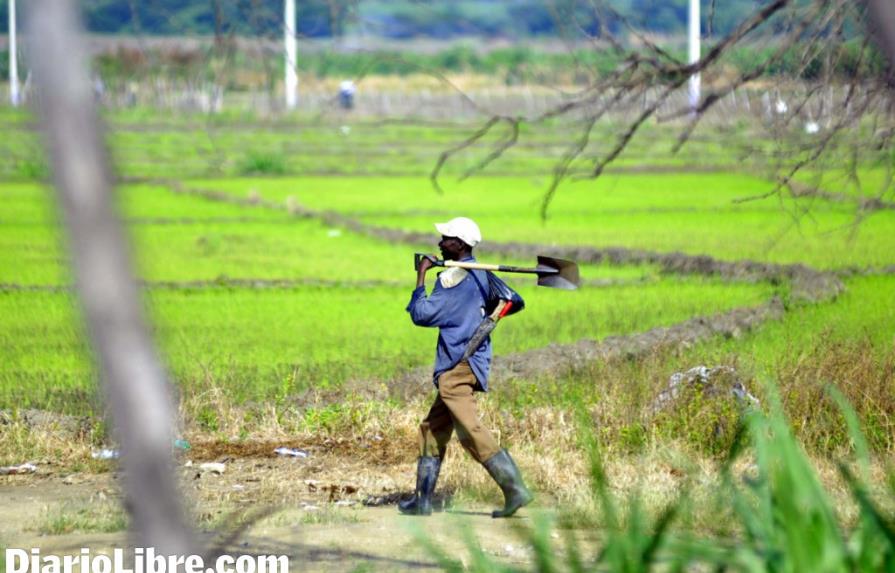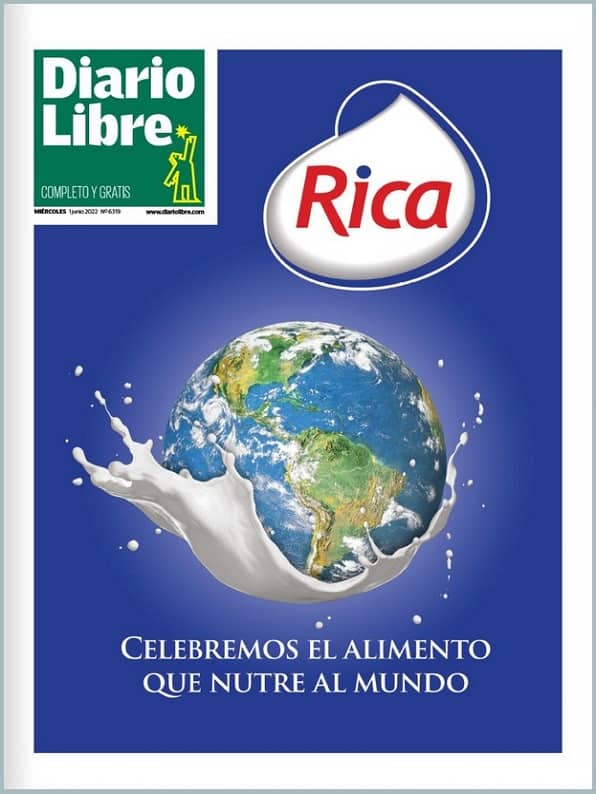"The non-- regulation of immigrants costs the state RD$7.0 billion"
Priest: "They pay between RD $2000 and RD $3000 to cross the frontier"

DAJABON. The executive director of the Frontier Solidarity program, the Jesuit priest Regino Martinez, said that the State loses more than RD $7.3 billion every year by not resolving the situation of the illegal Haitian migrants. He confirmed that in the hustle and bustle of the Haitians crossing the border there exists a business in which everyone from military and police authorities and the so-called "poteas", the motoconchos, and some owners of farms takes a profit.
"Everyone knows this, that there exists a transfer of illegal Haitians, and that it is a good business where they begin spreading money from the time they come through the gates until it ends at the checkpoints," the Reverend Martinez declared to this newspaper.
Likewise, he reported that in the country laws are violated not only regarding the normalization of foreigners, but also Law 169 and the very Constitution of the Republic. "What can you expect down below that is not disorder, chaos and anarchy when here the President of the Republic only listens to people like Vincho (Castillo) and to the president of the Central Electoral Board, and does whatever he feels like," Martinez underlined further on.
As he analyzed the situation concerning the Haitian immigrants and the Plan of Normalization which the Government is carrying out, Martinez criticized the fact that in none of the frontier provinces, with the exception of Dajabon, is there an office to take care of the thousands of Haitians who deserve to be treated in this aspect.
He also said that the Haitian presence in Dominican territory is not something sudden, it is something traditional and of long-standing.
According to Martinez, for many years the production of bananas, vegetables, fruits and rice fields are 85 to 90% attended to or cultivated by Haitian labor.
And in the same way, he cited the fact that the cattle and construction industries use labor that is 85% of Haitian origin, either those from across the frontier or that were born in Dominican territory.
Priest faces Mayor
The Reverend Eladio Hernandez, the parish priest for San Lorenzo Marte, in the town of Guayubin, agreed completely with the statements by father Regino Martinez, and said that it is not true that in his city there are complete Barrios of illegal Haitians, as the mayor, Samuel Toribio, recently stated.
He said that in the majority of the farms of bananas, plantains and other products, the Haitian presence is 80% superior to the Dominican labor force.
"What the reporters and the media should question is not the massive Haitian presence, but rather how they reached our communities," said father Hernandez.
He reported that each Haitian that arrives from Dajabon to a town like Guayubin, Montecristi, Villa Vasquez or Navarrete, pays between 3,000, 2,500 or 2,000 pesos and this profit is not received just by the motoconcho driver, but rather it stays between the persons watching the frontier and the checkpoints. He said that in Guayubin farm owners prefer Haitian labor because it is cheaper than national labor.
"Everyone knows this, that there exists a transfer of illegal Haitians, and that it is a good business where they begin spreading money from the time they come through the gates until it ends at the checkpoints," the Reverend Martinez declared to this newspaper.
Likewise, he reported that in the country laws are violated not only regarding the normalization of foreigners, but also Law 169 and the very Constitution of the Republic. "What can you expect down below that is not disorder, chaos and anarchy when here the President of the Republic only listens to people like Vincho (Castillo) and to the president of the Central Electoral Board, and does whatever he feels like," Martinez underlined further on.
As he analyzed the situation concerning the Haitian immigrants and the Plan of Normalization which the Government is carrying out, Martinez criticized the fact that in none of the frontier provinces, with the exception of Dajabon, is there an office to take care of the thousands of Haitians who deserve to be treated in this aspect.
He also said that the Haitian presence in Dominican territory is not something sudden, it is something traditional and of long-standing.
According to Martinez, for many years the production of bananas, vegetables, fruits and rice fields are 85 to 90% attended to or cultivated by Haitian labor.
And in the same way, he cited the fact that the cattle and construction industries use labor that is 85% of Haitian origin, either those from across the frontier or that were born in Dominican territory.
Priest faces Mayor
The Reverend Eladio Hernandez, the parish priest for San Lorenzo Marte, in the town of Guayubin, agreed completely with the statements by father Regino Martinez, and said that it is not true that in his city there are complete Barrios of illegal Haitians, as the mayor, Samuel Toribio, recently stated.
He said that in the majority of the farms of bananas, plantains and other products, the Haitian presence is 80% superior to the Dominican labor force.
"What the reporters and the media should question is not the massive Haitian presence, but rather how they reached our communities," said father Hernandez.
He reported that each Haitian that arrives from Dajabon to a town like Guayubin, Montecristi, Villa Vasquez or Navarrete, pays between 3,000, 2,500 or 2,000 pesos and this profit is not received just by the motoconcho driver, but rather it stays between the persons watching the frontier and the checkpoints. He said that in Guayubin farm owners prefer Haitian labor because it is cheaper than national labor.


 Narciso Pérez
Narciso Pérez
 Narciso Pérez
Narciso Pérez